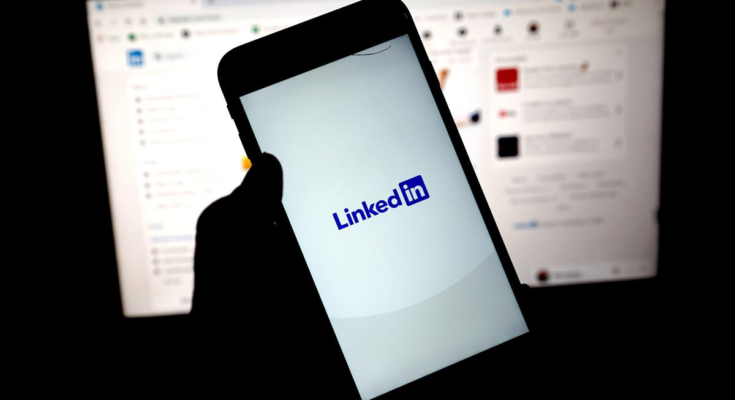
You may be thinking to yourself, “Why the hell did LinkedIn, the purgatory of social media, rip off the Stories format?” LinkedIn has asked itself the same question less than a year after doing so and apparently concluded there is no good reason for it to have shamelessly followed every other app with the launch of its own Stories knockoff.
Stories, first made famous by Snapchat before it was copy-pasted into Instagram, Facebook and Messenger, WhatsApp, Google, YouTube, Skype, Spotify, and TikTok, refers to short pieces of content that automatically delete themselves from public view after a period of time. According to AdAge, LinkedIn announced in a blog post on Tuesday that it is discontinuing the format by the end of September and has begun the process of notifying advertisers and any users who were even aware the feature existed in the first place of its imminent demise. The Microsoft-owned company’s marketing solutions teams wrote in the post that any ad campaigns scheduled to continue beyond that date will be discontinued. AdAge reported the decision will primarily affect brands and advertisers that paid to have their content appear between other users’ Stories or be promoted on News Feeds.
The blog post specifies that LinkedIn will instead be pivoting to a “short-form, rich interactive video format,” which one hopes but could not expect to be slightly less soul-killing:
Starting on September 30, 2021, we are removing the current Stories experience and you will no longer be able to create Stories for Pages. And any image or video ads that you’ve planned to run in between Stories will instead be shared to the LinkedIn feed. If you promoted or sponsored a Story directly from your Page in Campaign Manager, these paid Stories will not appear in the LinkedIn feed, and they will need to be recreated in Campaign Manager as an image or video ad.
As we reimagine what is next, we’re focusing on how we can provide you with a short-form, rich interactive video format that is unique to our platform and that better helps you reach and engage your audiences on LinkedIn.
In a separate blog post, LinkedIn senior director of product Liz Li explained the company “assumed people wouldn’t want informal videos attached to their profile, and that ephemerality would reduce barriers that people feel about posting.”
“Turns out, you want to create lasting videos that tell your professional story in a more personal way and that showcase both your personality and expertise,” Li added, which is a polite way of saying no one asked for this but LinkedIn’s ad sales team.
G/O Media may get a commission
An announcement post from September 2020, when LinkedIn rolled out the feature to all users after months of testing, appears to have been made inaccessible.
LinkedIn Stories appears to have been little used and, at least anecdotally, primarily consisted of useless workfluencer content and weird, cringeworthy uploads from randos.
Perhaps desperate to be something, anything beyond a repository for outdated resumes, unsolicited spam, and the dead-eyed musings of corporate executives, LinkedIn has launched or tested a number of features in recent years including voice messaging and live video. Earlier this year, it began testing its own clone of Clubhouse, the audio chatroom app that claimed to be worth $4 billion on the basis of a spike in interest during the coronavirus pandemic but has since floundered.



